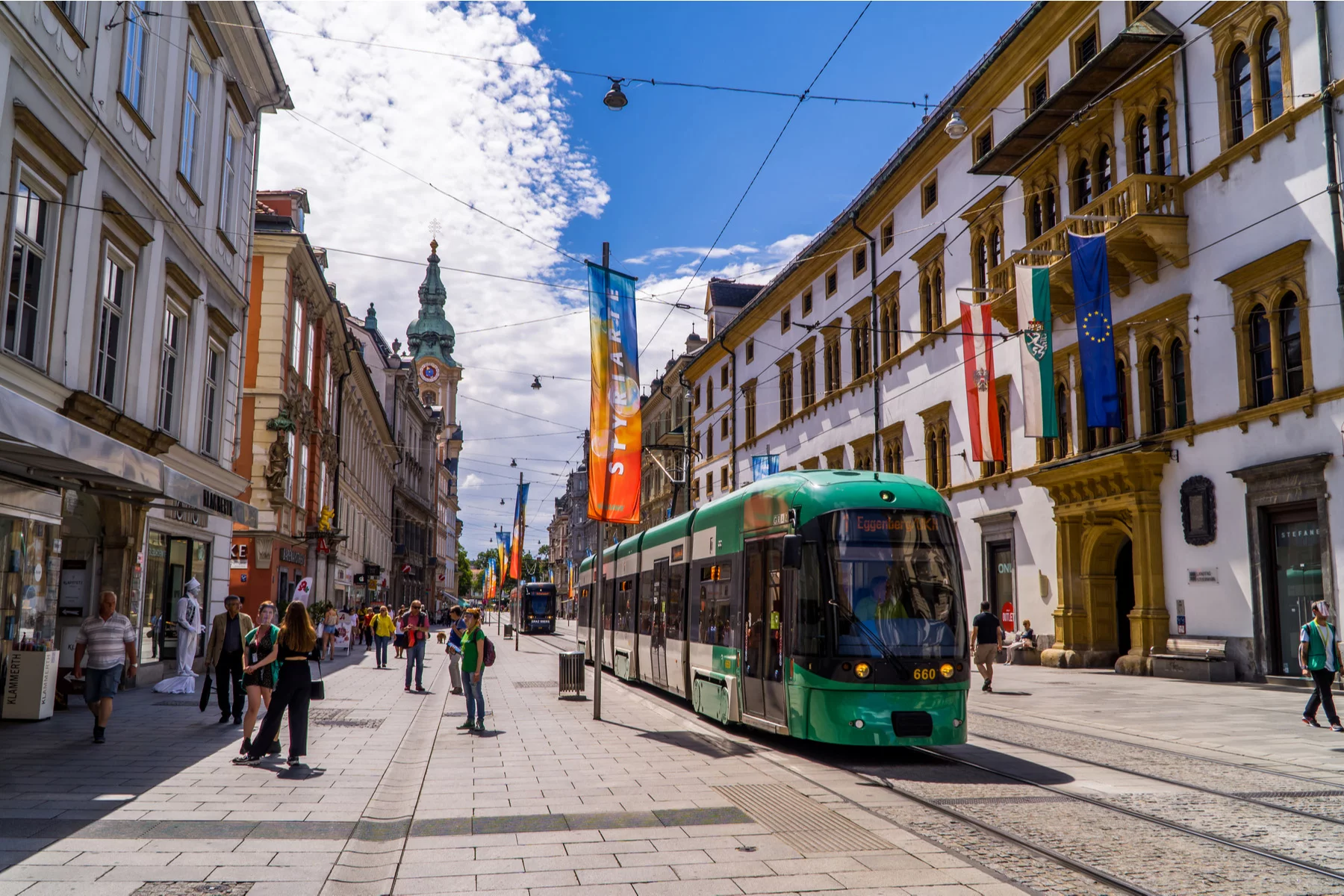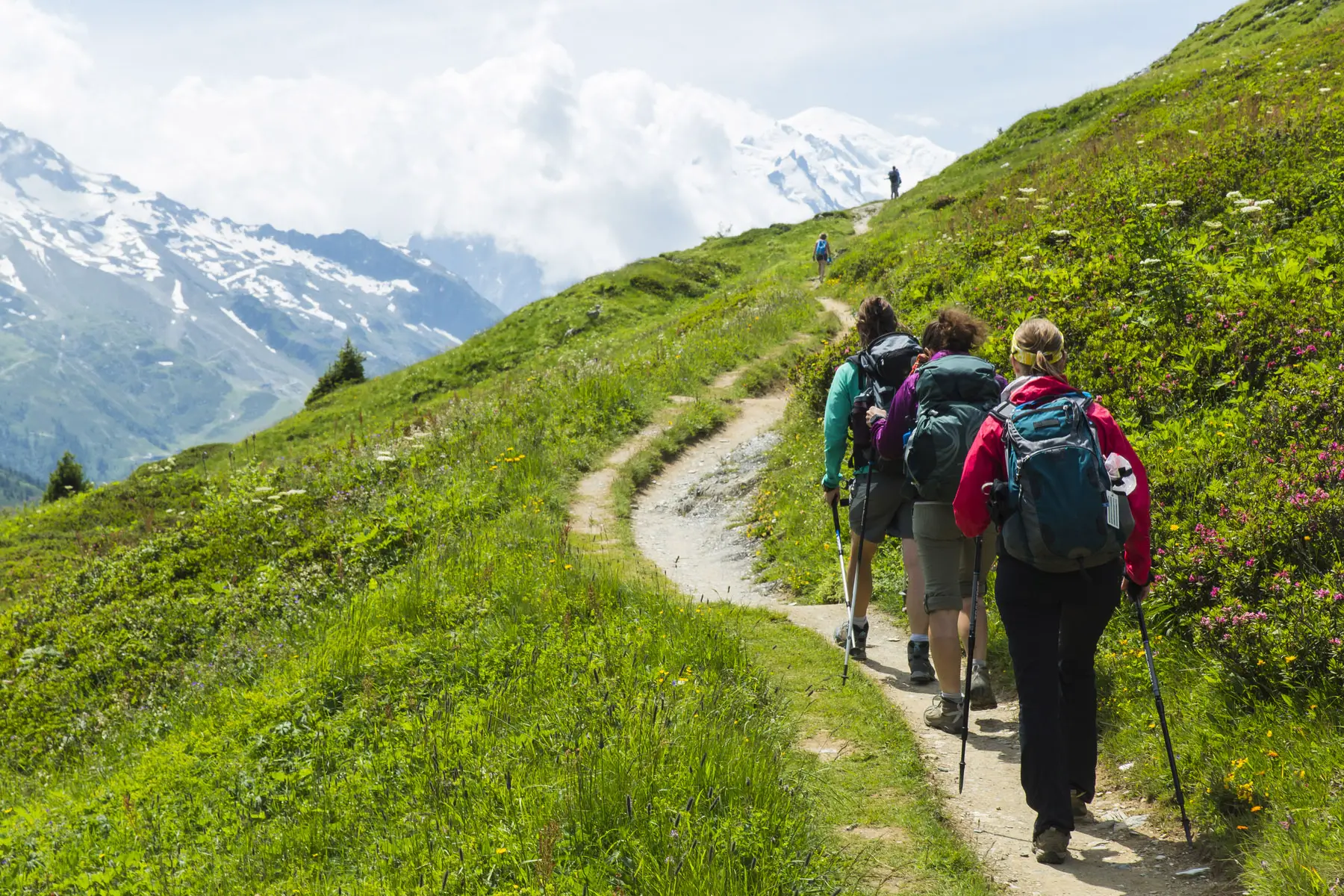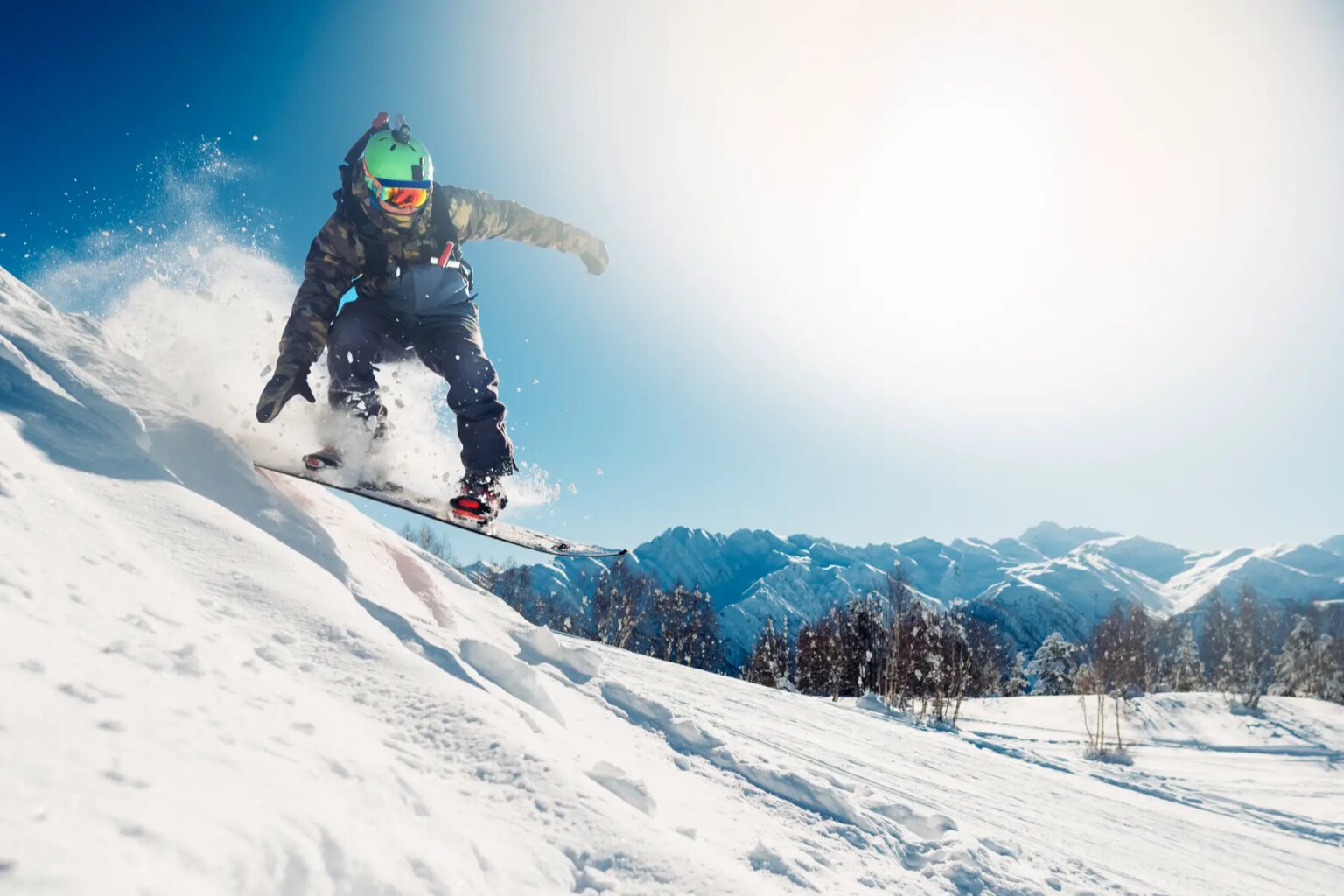Home of the Alps, Mozart, and the Wiener Schnitzel, Austria has much to offer adventurous expats. But, like anywhere in the world, when considering a big move, it is important to consider both the pros and cons of living in your new home country. And if you are thinking about living in Austria, there is certainly a lot to consider. To help you get started, this guide reviews the positive and negative aspects of living in the beautiful alpine country.
Sirelo
It's no secret that moving abroad can be stressful. Sirelo's team of removal advisers is here to help. They provide five free quotes from international shipping companies so you can find the best options at the best prices. Take the stress out of your relocation to Austria with Sirelo.
The pros of living in Austria
Overall, you will find that Austria has a great many positive things to offer any expat, and here are some of the big ones.
High quality of life
The quality of life in Austria is very high. In fact, a 2019 global study placed Austria in second place for quality of life. Additionally, Vienna has topped the list of Most Livable Cities in the world for ten straight years. Austria also ranks highly when it comes to press freedom, women’s rights, and human rights.

Between the clean alpine air, efficient public transport, and high-quality healthcare and education, Austria is certainly impressing its residents.
Transportation
Public transport in Austria is excellent and punctual, and buses, trams, and metros operate extensively within cities. Between cities, you can take the ÖBB Railjet which can travel at a whopping 143 miles per hour. You might not even notice that, however, as you relax in your ergonomic chair and enjoy using the free Wi-Fi. You can read more about public transport in Austria in our helpful guide.
Education
The education system in Austria is high-quality and well-developed. Offering free universal, pre-school, and public primary and secondary school, the Austrian population is well-educated. Students can even choose between vocational and academic schools. Uniquely, all Austrian and EU students can access public universities in Austria at no cost. And, amazingly, even for non-EU students, public university costs are incredibly low; usually between €1,000 and €2,000. Of course, this is assuming that you can speak German.
Healthcare
Healthcare in Austria is universal and accessible. The vast majority of health concerns and medications are covered, and treatment is high-quality and efficient. In fact, healthcare is so well-regarded that many people will travel to Austria to seek medical care and pay the costs out-of-pocket.

Private healthcare in Austria is available for those who either cannot or would rather not use public healthcare. Generally, private healthcare means no waiting times, wider physician choice, and the choice of public or private clinics and hospitals. Although the quality of care does not vary hugely, the comfort of care might. You can find more in-depth information about this in our guide to getting health insurance in Austria.
Crime and safety
Austria is an incredibly safe country, and crime is rare and violent crime even rarer. There are usually less than 100 murders per year throughout the whole country. For comparison, Israel, a country with a similar population, had 123 homicides in 2017. Of course, certain petty crimes, such as pickpocketing, can happen anywhere and you should be vigilant in crowds and public spaces.
Cultural scene
Living in Austria means enjoying easy access to world-class museums, opera houses, theaters, and concerts. Furthermore, you will find yourself constantly surrounded by stunning architecture, stately churches, and quaint coffee shops. In fact, no matter what your tastes are, you will be in awe of all the cultural wonders on offer.
Outdoor activities
Living in Austria can have you imagining yourself as an extra in the Sound of Music. Nestled in the Alps, the country is the perfect destination if you enjoy being outdoors. Unsurprisingly, you will find a great many activities, including forest hiking, mountain climbing, swimming in icy lakes, relaxing in thermal baths, and camping among scenic vistas.

And, in winter, you’ll want to practice your skiing or snowboarding – because, when you live in Austria, how could you not take advantage of the Alps? For more inspiration, read our guide to popular sports in Austria.
Ease of travel
One of the best things about living in Austria is how convenient its location is. If you fancy a quick weekend getaway, for instance, you can easily visit Germany, Switzerland, or any of the six other countries along Austria’s border. And because it is a geographical hub, you can easily travel, by train or by plane, to various European destinations.
Active expat community
One of the gems of being an expat in Austria is finding fellow expats who are quick to befriend, support, and celebrate each other. You will find expat groups dedicated to socializing, business, travel, and more. And, if you are missing your native customs, you will surely find fellow compatriots who are willing to recreate them with you!

If you are seeking more than just friendship, however, you might want to get the lowdown on dating in Austria and maybe even try to find your match on our Expatica Dating Site.
The cons of living in Austria
Even though there are many wonderful things about living in Austria, there are also some drawbacks to keep in mind, as follows.
The cost of living in Austria
The cost of living in Austria – and especially in big cities like Vienna – can be quite high. In fact, a 2020 study found Austria to be the 21st most expensive city in the world. Affordable housing can be especially hard to find; in fact, more than 60% of Viennese residents live in subsidized housing for just that reason.

The upshot for expats living in Austria is that many employers offer a high enough salary to offset the high cost of living.
Average salaries
The average monthly salary in Austria is between €1,700 and €2,200, depending on the city. Because of government subsidies in housing, education, health, and transport, this sum is a reasonable one. For expats used to making more money in other places, however, this can feel like a significant dip. Of course, many expats in higher-paid fields might be making far more than these average monthly salaries. You can read more about this in our guide to average salaries and wages in Austria.
Language barrier
Austria’s national language is German. Even though many people speak English, the farther out of the city you go, or the more specific your needs, the harder it gets to find people who speak English. Speaking German also grants you access to more jobs and educational options. A further complicating factor is that Austrian German has particular regional quirks that make it dissimilar, and perhaps more difficult, than ordinary German.
Difficulty settling in
Even though it ticks many expat boxes, it can be hard to settle into living in Austria. Many expats ascribe this to a lack of overall friendliness in the local Austrian population. In fact, a study found that less than 9% of expats surveyed considered Austrians to be very friendly.
However, keep in mind that making friends with locals can also be difficult if you don’t speak German. Therefore, it might be time to learn the lingo or at least download some apps to help you tackle the basics.
Winters
There’s no getting around it – winters in Austria are cold, grey, and long. If you enjoy winter-based outdoor activities, however, the cold season will fly by. For warm-weather fanatics, though, it helps to find a favorite cozy coffeeshop or develop an indoor hobby to get you through it. You can read more about the climate and seasons in Austria to better prepare yourself.
Old-fashioned rules
Some old-fashioned quirks of living in Austria can be frustrating to expats. A popular gripe is the fact that many businesses – including many grocery stores, bars, and restaurants – are closed on Sundays. A holdover from olden days, this can put a real damper on expats’ weekend plans. That said, there are still many beautiful places to visit and attractions for kids throughout the country.






